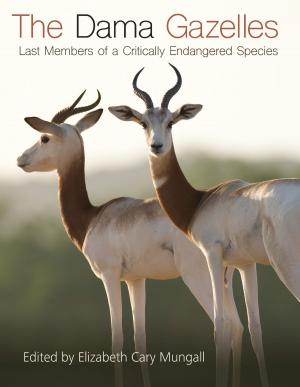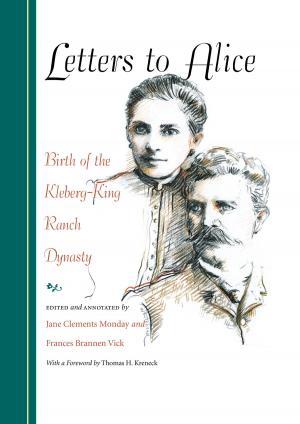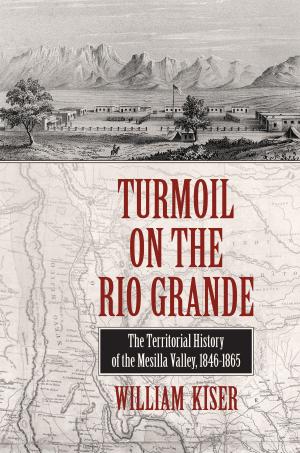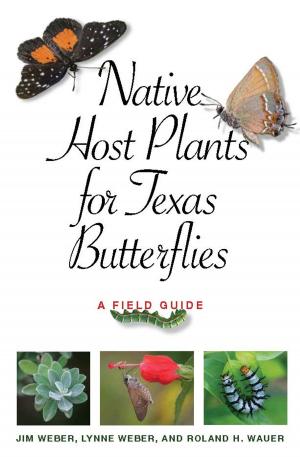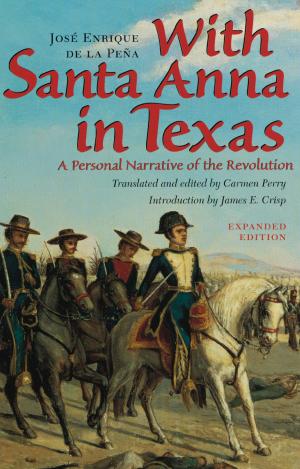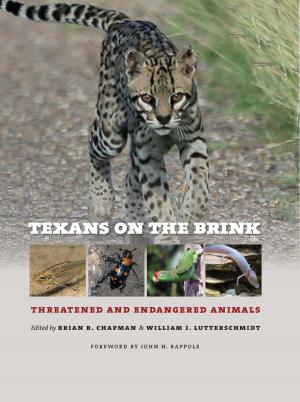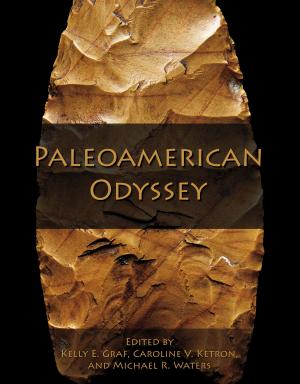Wildlife Ecology and Management in Mexico
Nonfiction, Science & Nature, Nature, Environment, Environmental Conservation & Protection, Science, Biological Sciences| Author: | Raul Valdez, Dr. José Alfonso Ortega-Santos | ISBN: | 9781623497248 |
| Publisher: | Texas A&M University Press | Publication: | February 7, 2019 |
| Imprint: | Texas A&M University Press | Language: | English |
| Author: | Raul Valdez, Dr. José Alfonso Ortega-Santos |
| ISBN: | 9781623497248 |
| Publisher: | Texas A&M University Press |
| Publication: | February 7, 2019 |
| Imprint: | Texas A&M University Press |
| Language: | English |
Mexico is the fourteenth largest country in the world and ranks fifth in biodiversity. Located in the transition zone between the temperate and tropical regions of North and South America, Mexico is an important migratory corridor for wildlife and also provides wintering habitat for several species of bats, monarch butterflies, and temperate North American nesting birds.
Mexico faces several challenges to wildlife management and conservation efforts. While there is increased public education and acknowledgment of the valuable benefits wildlife provides, there is still much work to do to incentivize conservation efforts. Fortunately, there is growing recognition that Mexico’s wildlife resources can be a critical component in the rural economic development of the country.
Bringing together an international team of wildlife experts across North America, Wildlife Ecology and Management in Mexico provides information on the status, distribution, ecological relationships, and habitat requirements and management of the most important game birds and mammals in Mexico. It also reviews current threats and challenges facing wildlife conservation as well as strategies for resolving these issues. This reference is a valuable tool for wildlife biologists, wildlife management professionals, and anyone interested in conserving Mexico’s wealth of natural resources. By laying out the challenges to conservation research, editors Raul Valdez and J. Alfonso Ortega-S. hope to encourage interdisciplinary communication and collaboration across borders.
Mexico is the fourteenth largest country in the world and ranks fifth in biodiversity. Located in the transition zone between the temperate and tropical regions of North and South America, Mexico is an important migratory corridor for wildlife and also provides wintering habitat for several species of bats, monarch butterflies, and temperate North American nesting birds.
Mexico faces several challenges to wildlife management and conservation efforts. While there is increased public education and acknowledgment of the valuable benefits wildlife provides, there is still much work to do to incentivize conservation efforts. Fortunately, there is growing recognition that Mexico’s wildlife resources can be a critical component in the rural economic development of the country.
Bringing together an international team of wildlife experts across North America, Wildlife Ecology and Management in Mexico provides information on the status, distribution, ecological relationships, and habitat requirements and management of the most important game birds and mammals in Mexico. It also reviews current threats and challenges facing wildlife conservation as well as strategies for resolving these issues. This reference is a valuable tool for wildlife biologists, wildlife management professionals, and anyone interested in conserving Mexico’s wealth of natural resources. By laying out the challenges to conservation research, editors Raul Valdez and J. Alfonso Ortega-S. hope to encourage interdisciplinary communication and collaboration across borders.

